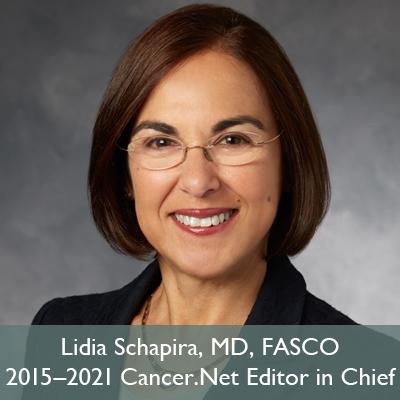
For most people, hearing the word "cancer" is terrifying And now a recent research study indicates that the word may also influence whether people choose treatment. This is important because cancer treatment poses many risks for individuals, not the least of which are treatment-related side effects and long-term effects. In addition, we know that some cancers, such as prostate cancer, may not cause a person any serious harm or even shorten their lives if they are left untreated.
And now a recent research study indicates that the word may also influence whether people choose treatment. This is important because cancer treatment poses many risks for individuals, not the least of which are treatment-related side effects and long-term effects. In addition, we know that some cancers, such as prostate cancer, may not cause a person any serious harm or even shorten their lives if they are left untreated.
The researchers in this study presented an imaginary scenario to volunteers using a web-based survey. They asked the participant to imagine they were just found to have a small nodule in their thyroid gland. That nodule was referred to as either a "nodule" or "cancer." The participants were told that the chance that this nodule could grow or spread was very low—in the range of 1% to 5%—and the chance of surviving the condition was 99%, no matter what was done.
So, the question being investigated was how comfortable the participants would be with simply "watching the nodule or cancer" as opposed to having it surgically removed. They were told about the risks that can accompany the surgery, including a temporary or permanent change in voice, a scar in the neck, and the possible need to take a pill every day for the rest of their lives. Of course, they were also informed about the very small but clear risk of major bleeding after surgery, which is estimated to be less than 1%.
The researchers found that using the "cancer" label led many people to choose surgery. This tells us that the perceptions and fears associated with a cancer diagnosis may lead reasonable people to opt for more treatment, even if they are reassured that it is possible to watch and wait and that they may never need treatment. In some situations, such as the diagnosis of a precancerous lesion, the degree of anxiety a person feels may be out of proportion to the risk such a diagnosis poses to their overall longevity and health. In other cases, a person with a slow-growing tumor may feel the need to "act and treat," even if there is no evidence to support early treatment. This is because the word “cancer” makes the diagnosis feel urgent, and it is hard to feel like one is "doing nothing."
As an oncologist, I have found that conversations that address the option of watching a cancer without rushing to treat it are often quite challenging. We call this "active surveillance." It means that the patient and oncologist have embarked on a planned course of monitoring both the patient and the tumor, sometimes with scans and blood tests, and both people are comfortable delaying treatment until there is a clear sign that intervention is required. When to start treatment varies depending on the disease: it could be a change in tumor size, the number of malignant cells, or the appearance of symptoms that are affecting the person. One of the reasons to think about active surveillance and delaying treatment is to prevent side effects, which almost always accompany treatment for cancer, including problems related to surgery.
While many decisions about treatment for cancer have to be made quickly, there are times when we can afford to wait and even consider delaying treatment. Active surveillance, or what we used to call "watchful waiting," may be a smart and reasonable option for some slow-growing cancers. If your clinician recommends active surveillance, regardless of whether you have a "nodule" or "cancer," take some time to discuss what this course of action would mean for you.
